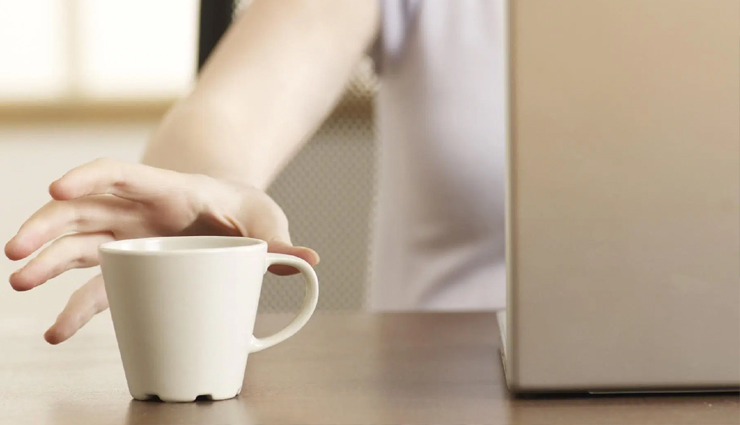Not known Factual Statements About Energy drinks and caffeine - Better Health Channel

The Single Strategy To Use For Caffeine - Alcohol and Drug Foundation
Fatigue. Trouble concentrating. Nausea. This Is Cool . Irritability. In basic, the more caffeine you are used to consuming, the more serious the withdrawal signs are most likely to be. Signs of withdrawal begin 12 to 24 hr after the last caffeine intake and can last two to 9 days. Caffeine can be a beneficial tool for an adult who requires help get up and concentrating.
Don't use caffeine too much or you might end up being reliant or have insomnia or headaches. Otherwise, enjoy that coffee or chocolate!.
Caffeine is a natural Stimulant discovered in coffee, tea, energy beverages, soft beverages, over the counter medications, and weight-loss help. It is the most commonly utilized Psychoactive drug in the world and has physically and emotionally addicting qualities. Caffeine withdrawal is even acknowledged as a medical condition by the American Psychiatric Association (APA).
All About Caffeine Addiction - Treatment, Symptoms and Causes - Lybrate
Aid is out there Reach out to a dedicated treatment supplier and discover how you can develop the life you want. right Results Of Caffeine Light to moderate intake is considered safe and may even offer some health benefits, such as increased alertness and fewer signs of depression. On the other hand, Caffeine functions as a Central Nervous System (CNS) Stimulant that directly affects brain cells and can trigger many unfavorable side impacts.
Its impacts can last in between 3 and nine hours, depending on the quantity consumed. The chemical structure of Caffeine looks like that of a molecule called adenosine, which has a peaceful effect on the brain and can cause fatigue. When consumed, Caffeine suits adenosine receptors in the brain, obstructing them and avoiding adenosine from binding to them.

Caffeine Detox: How to Quit Caffeine and Break the Addiction
250 to 300 mg of Caffeine a day is thought about a moderate quantity. A typical 8-ounce cup of coffee consists of around 100 mg, which is sufficient to increase awareness, concentration, and resting metabolic rate. Drinking more than 10 cups of coffee a day is thought about extreme and can lead to Caffeine poisoning.

Caffeine Addiction: Signs, Symptoms & Treatments - Choosing Therapy
The Buzz on Is Caffeine Addicts Anonymous for You? - MEL Magazine

Signs of overuse consist of: Uneasyness Flushed facial skin Increased urine production Gastrointestinal issues Irregular heartbeat Muscle twitching and shaking Insomnia Stress and anxiety If somebody suspects they have overdosed on Caffeine, they must call a local poison control center to identify whether hospitalization is needed. Mixing alcohol with Caffeine can increase the effectiveness of negative effects from both and can trigger agitation.
